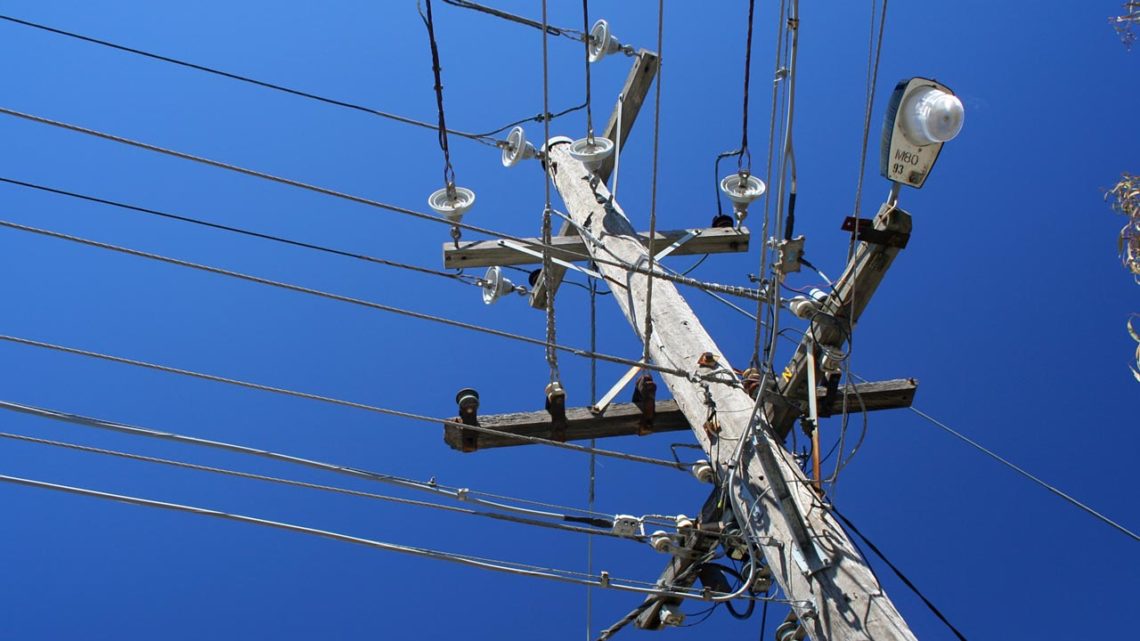The call, last year, by the Nigerian senate for a comprehensive review of the country’s power privatisation policy needs to be revisited. The lawmakers in fact want the process to be reversed.
According to the federal lawmakers, the country would not enjoy stable power supply in the next 10 years if the activities of the distribution companies were not reviewed and restructured.
The senate president, Ahmad Lawan, noted that even after the government had sold the public electricity franchise, the buyers have continued to come to the government for funds, estimated at over one trillion naira in the last ten years. They are now even heavily indebted to banks, a liability which they unashamedly transfer to consumers despite a suggestion to the contrary by the Senate.
There are many challenges confronting the operators of the sector.Gas supply shortages, the disconnect between power genera and transmission due to decayed infrastructure, with the latter being the weakest link in the mix As a result, while Nigeria has about 12.55 MW installed capacity, however only about 4,000 was transmitted before the new peak due to weak power infrastructure.
As a result, there are frequent grid collapses, throwing large swathes of Nigeria into darkness. In normal time, there is epileptic power supply to most areas, and people depend more and more on self-generated power for both house-hold use and for business. This invariably shoots up the cost of production, raises the price of goods and services and, ultimately, shrinks profitability.
A look at our neighbours will show that the country is lagging behind in power supply. South Africa with 57 million population has 51,000 MW for its citizens; Ghana with 29 million population is doing 4,000 MW while Kenya has 2,370 MW with peak demand of 1,770 MW, meaning it has more power than local demand.
The GenCos and especially the Discos have not applied the required kind of investment in equipment and expertise necessary to lift Nigeria from its power supply conundrum.
Even to provide as simple a device as power meters was a Herculean task for the distribution companies, causing it to constantly feud with consumers who accuse the firm of deliberately refusing to meter the customers so that it can inflict them with ‘crazy’ bills.
The parlour nature of the power supply has cost Nigeria dearly, with many businesses relocating from Nigeria to neighbouring countries in order to stay afloat; others simply ran aground.
The slump in oil receipts before the current rebound has practically shown that Nigeria needs to urgently diversify its economic base. It needs to industrialise and it cannot do so with such a decrepit power sector as the one it has.
There is no denying the fact that the power sector privatisation has failed woefully. There is the need to put the sector in the hands of those who have the requisite capacity to deliver. That is why most Nigerians, including this paper, are in support of significant reworking of the sector.That is the first step towards righting the wrongs of the past and giving Nigeria another chance to reform the sector to underscore Nigeria’s industrialisation quest going forward. There is no reason to delay.





